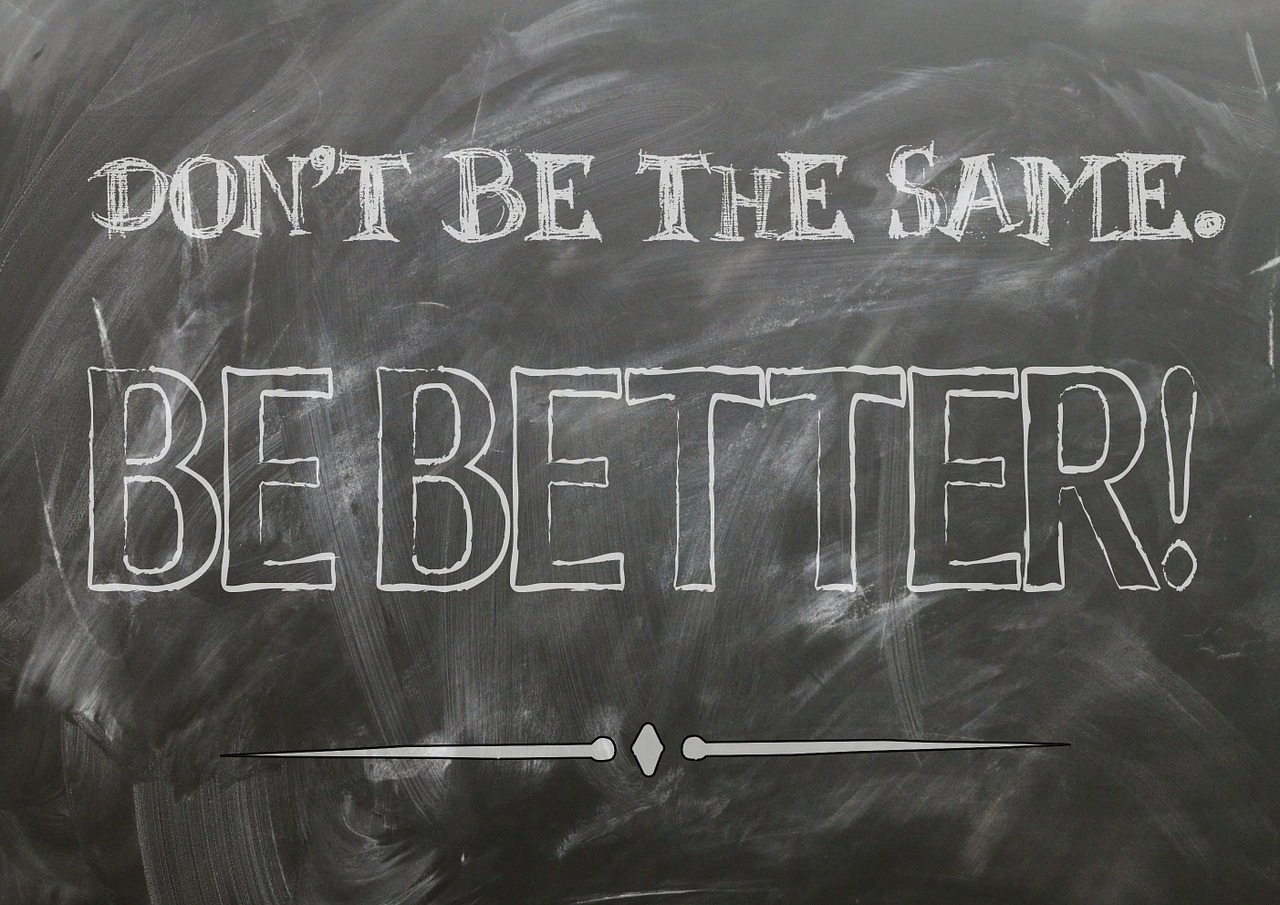Many of us can agree that one of the biggest evils of life is procrastination. It is that what hinders us from going to the store to get food, cleaning up the apartment, visiting our parents, searching for work, responding on time to our loved ones, brushing teeth, doing homework, preparing for a meeting, etc. As a result, it impacts the overall quality of life.
Previously I wrote a post called Taking Action and Achieving the Unachievable. If you have read it, you may think that not taking action and procrastination are very similar topics, and I will say that you are right to an extent, but only to an extent.
Taking action implies on making leaps towards success in your life, doing things out of your comfort zone that you would otherwise not dare to do. The causes for not taking action may also sound seriously genuine, such as fear of changes, fear of failure, or the fear of not being accepted by others. And while not taking action and procrastination belong to the same coin, they are nevertheless different sides of it.
In your success journey, procrastination is the first and the biggest obstacle. It is like a curse that is difficult to overcome because it emerges at a point of life that we are not yet aware of. As we grow, it turns into a habit that remains with us and even strengthens. However, because as we mature the amount of daily tasks that we need to perform grows, so should our ability to work hard. This is the point where procrastination becomes a serious problem, causing us to be ineffective in life, or simply to prioritise things in a such a way that causes a major imbalance in our life. For example, you have probably seen people that may be smart and successful in their studies or profession, but a complete mess when it comes to hygiene or cleanliness. You come to their apartment and instantly can smell the aroma of not taken out trash, or see chunks of dirt and dust in the corners of the house. It feels kind of odd, doesn’t it? They are so mature in one way, but completely disregard other areas of life. And they seem sane, too.
The example above illustrates well a common type of person that never got over the basic habit of procrastination – too lazy to do the daily chores, in other words. They have found something that either interests them or that they are good at, but never managed to change the habit of procrastination. While this type of living is common and can still make you successful (although very rare), I nevertheless strongly recommend to overcome the habit of procrastination first. To be able to have order in your life, you must first create order in your mind. A person that has mastered procrastination is the person that will have no troubles in taking massive action and achieving the unachievable.
So, because procrastination is most often merely a negative habit, it can be replaced with a new positive habit. The key is persistence. Therefore, the first thing we need to do to take control of procrastination is to find the root cause of it.
-
Physical factors of procrastination
Often it is the case that we simply do not have enough energy on the tasks that can “wait”. This can be caused by the lack of sleep, lack of healthy food and vitamins in our body, smoking and drinking habits, or even because we don’t engage in exercise in our life. I have written a separate post about the importance of exercise and sports here.
Indeed, because our body is our temple through which we are able to experience life in the physical realm, it makes all the sense to take care of it as much as we can. Low quality life-style can lead to different health problems and chronic fatigue, which in its turn disables our will to live actively, and therefore reinforces in us the state of being a “couch potato”.
Be aware of your lifestyle, sleep enough, eat healthy, exercise, and you will notice how procrastination will begin to lose its grip of you.
-
Psychological factors of procrastination
Under the category of psychological factors I will place the actual habit that has formed and been strengthening for many-many years of our life.
A habit forms when we engage in a repetitive act for a long enough time for it to become automated in us. For many of us procrastination has become so attached to us, something of such personal level that we simply cannot act otherwise. Even when we feel that some task could be carried out right away, our natural state of “I’ll do it later” takes over, and we decide not to go to the bank to deal with some important documents, or not to pay a bill until we get a second notice. In this case procrastination is more of a mental habit that should be dealt with on the psychological level.
-
Becoming accountable
One very effective way to take control of any habit is to become accountable for it by writing it down. Please understand that writing it down is crucial in this case because only this form allows most of us to take things seriously. Writing down habits also allows us to follow the progress.
What you can do is create a schedule for the week, from Monday to Sunday, and you can write down the necessary chores to be done for each of the days. When you write them down, you must do them – simple. To motivate yourself you can create a day on which you will not have to do anything, but simply relax. This will be a sort of treat for all the hard work that you have put into this process. Please notice that this is not a day of procrastination because you have planned it in advance as something you deserve.
On the other hand, to make things even more exciting and to greatly speed up the process, you can fine yourself for the things that you needed to do, but didn’t. You can for example give away an amount of money to charity or to your friends. While this may sound quite extreme, trust me, it is super effective and will help you change your negative habits faster than you thought you could. I have tried this. Works like a charm. 🙂
Finally, you can always tell everyone around about the upcoming changes in your life. This kind of accountability in front of others has also proven itself to be effective.
-
Limiting social media input
Try to limit the useless things you do on the Internet. Social media is like the terminator of human creativity and potential! Many of us can spend an extremely long time browsing through photos and commenting on them. Don’t get me wrong, it is ok to be in touch with friends through social media, but it is totally unnecessary to spend a full day doing that. As soon as you limit yourself in this, your productivity will grow tremendously.
-
Finding a passion
This is a little bit more advanced, but is nevertheless crucial to stopping procrastination. I led a destructive lifestyle for many years, and would spend a lot of time with friends doing “having fun”. I had no energy to take care of myself, my house, the ones around me, my life. I wasn’t motivated to do anything. However, after seriously reevaluating my life, I decided to make changes and to do the things I am passionate about. I got into sports quite heavily, and I fell on to the path of self-development – the things that really make me light up on the inside. The will to share my goals and progress led me to the idea that I can make a blog, which could help others that are in a situation similar to mine. The result is the website that you are on and the post that you are reading.
Because I am so passionate about what I do, procrastination makes no sense any longer. I have absolutely no problem getting up 4 in the morning to go to the gym or two begin writing my thoughts down. This isn’t something I have to do, or that I am wasting so much energy on, but something that I love to do. It comes naturally, and it has led me to become aware of all my actions, even the smallest chores. Believe me, passion leaves no time for procrastination.
Conclusion:
Despite sounding paradoxical, I have found out that the less you procrastinate, the more free time you actually acquire. See, when we procrastinate, instead of spending time on something useful, we tend to spend time doing unnecessary and pointless things, such as watching the TV. You could imagine that by procrastinating with one thing, we spend the freed up time on something else that is useful. This, however, is not the case.
If you follow the few simple, but extremely important tips, you can take your habits under control. And this, for that matter, concerns any habit.. just remember persistence, accountability and passion. To make things easier for yourself and to get an additional boost, you can read some other material on overcoming procrastination, or even get professional help. There are tons of books (Eat That Frog!: 21 Great Ways to Stop Procrastinating and Get More Done in Less Time), courses and people that are willing to help you to become inspired, pull your life together, get rid of procrastination and go on with achieving big goals Additionally, you can always share your thoughts or ask for help on the blog in the comment section of this post. As always, I would love to see you interacting and sharing with us.
Thank you once again, and I will see you on the next post!
Thank you for being with us!
Click here to follow us via E-mail!
Click here to follow us on Facebook!
Click here to follow us on YouTube!
Click here to follow us on Instagram!
Click here to follow us on Twitter!


 15 Best Inspirational Movies That Teach to Never Give Up
15 Best Inspirational Movies That Teach to Never Give Up
 50+ Best Self-Help Books That Will Change Your Life Forever
50+ Best Self-Help Books That Will Change Your Life Forever
 Short Motivational Stories of Failure and Success That You Must Know
Short Motivational Stories of Failure and Success That You Must Know
 10 Examples Where the Power of Positive Thinking Kicks Ass!
10 Examples Where the Power of Positive Thinking Kicks Ass!
 What to Do When Someone Is Better Than You? – Dealing with Jealousy
What to Do When Someone Is Better Than You? – Dealing with Jealousy

Leave a Reply